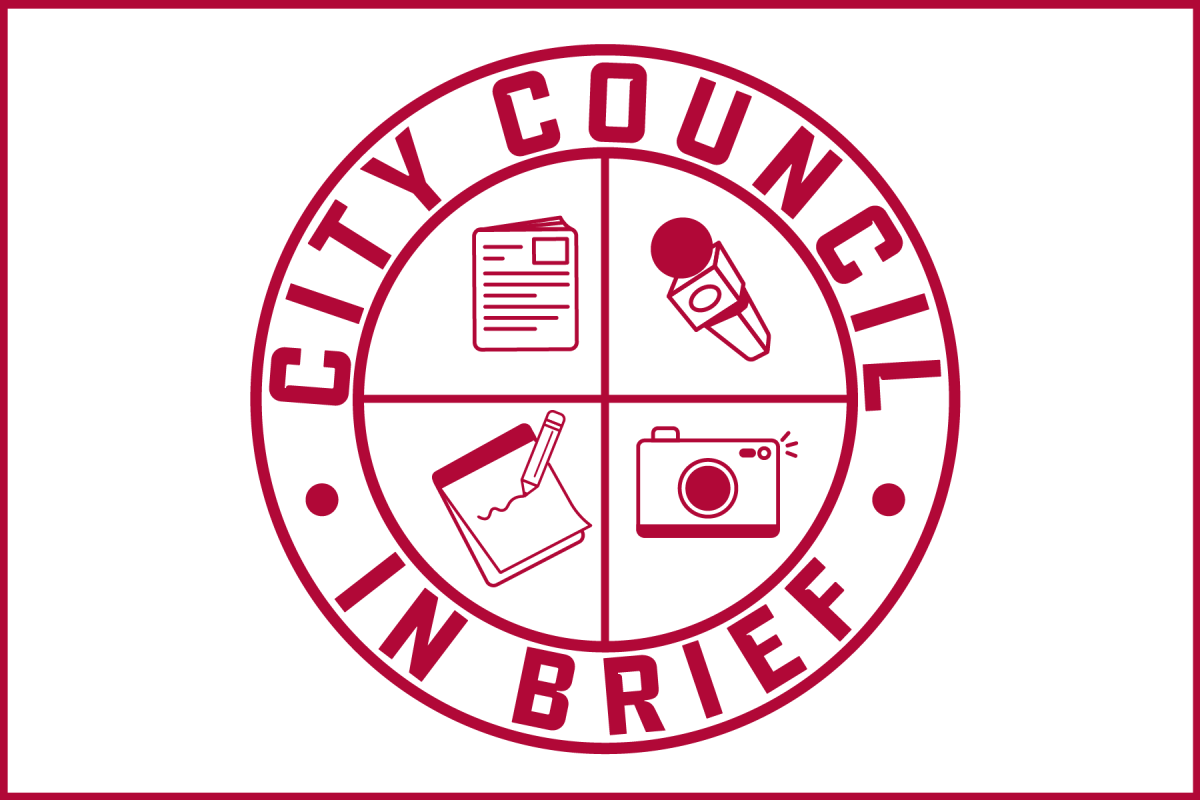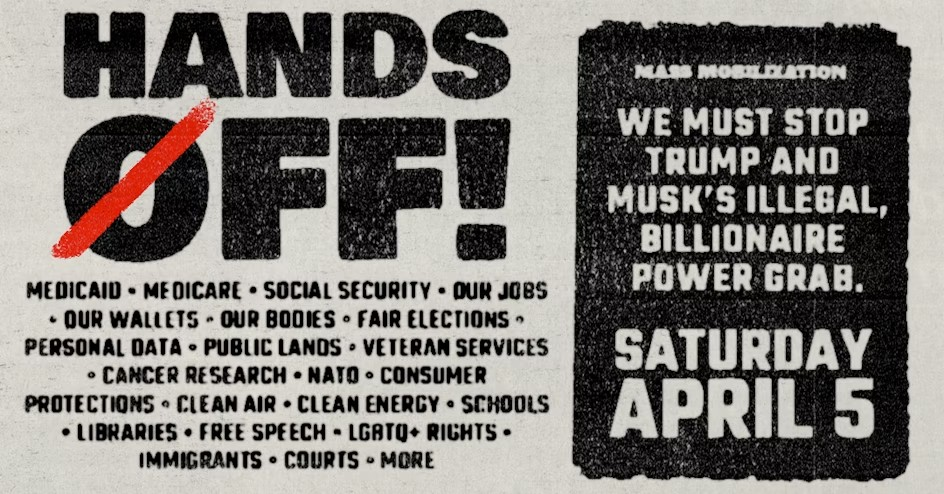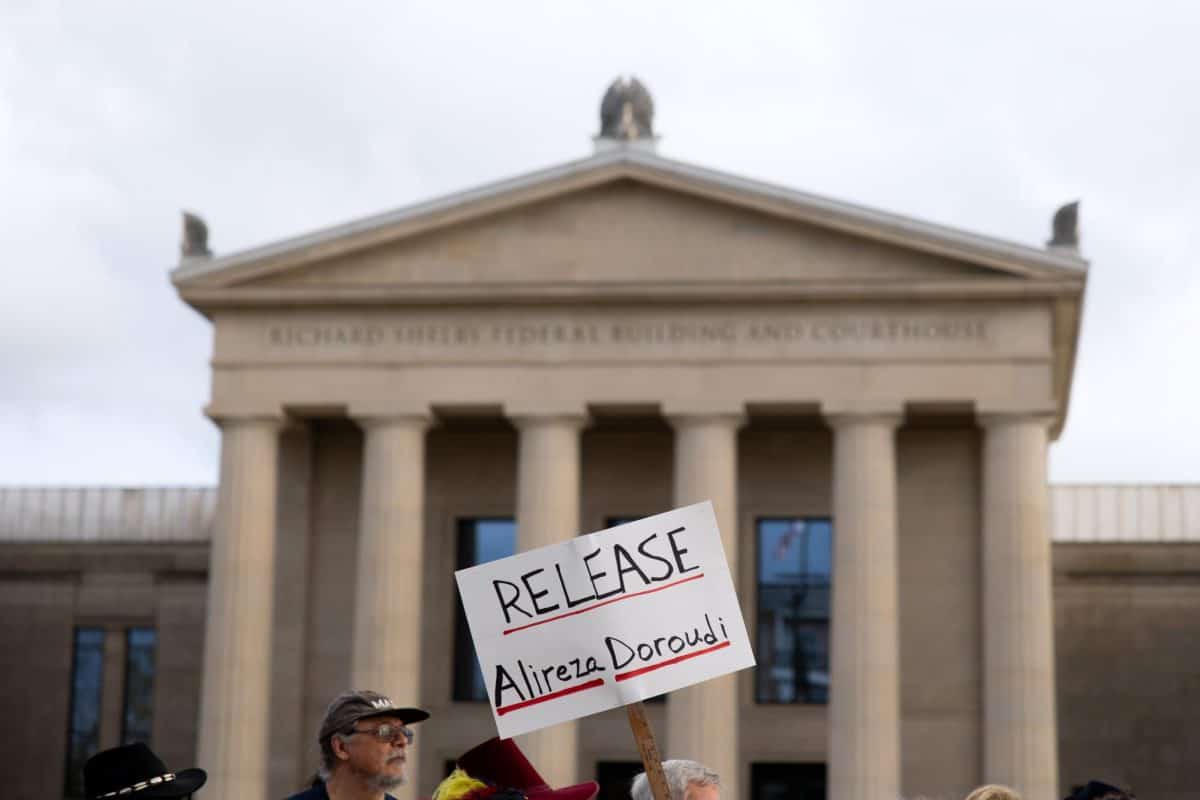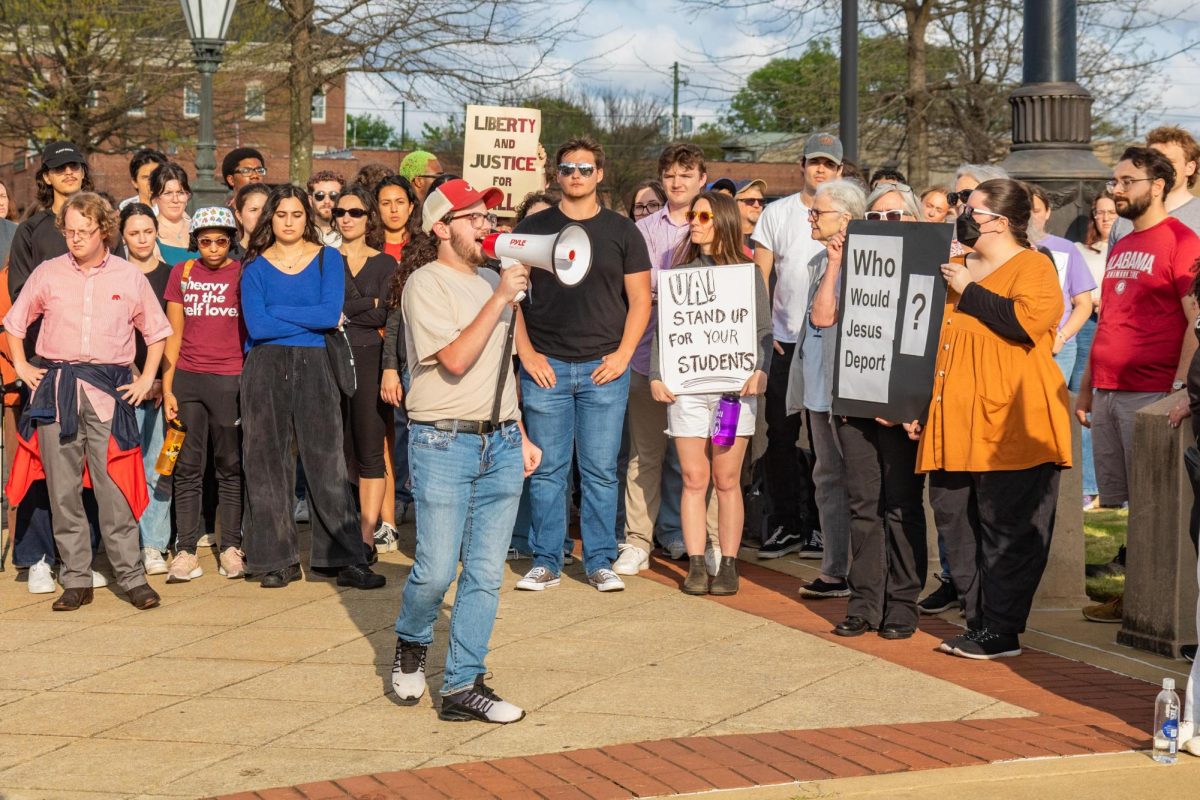When voters go to the polls on Tuesday, they will have the opportunity to vote on Amendment 4, an amendment that one side claims will remove racist language from the State Constitution, while the other side believes it will threaten Alabamians’ right to public education.
The amendment has been met with controversy and unlikely opponents: the Black Caucus and the Alabama Education Association, among others.
The Alabama Constitution is one of the longest constitutions in the world, with 800 amendments, and both sides on the Amendment 4 fight are entrenched in technicalities dealing with language dating from 1901 and 1954.
“It is a mess,” Gerald Johnson, emeritus professor of political science at Auburn University, said. “This is one of the biggest messes I have observed in a messy situation.”
Johnson joins others in claiming passing the amendment will remove racist language but will also “reaffirm” a 1956 amendment, Amendment 111. The language mandates separate schools for “white and colored children.”
History
In 1954, the Supreme Court declared state laws establishing separate schools for black and white students to be unconstitutional in Brown v. Board of Education.
In an attempt to find a way around the ruling, Alabama politicians responded two years later with the Amendment 111, declaring “nothing in this constitution shall be construed as creating or recognizing any right to education or training at public expense.”
Rather than provide state-funded education to blacks, the amendment removed the state’s burden of having to offer public schools to any Alabama children. This opened the door for privately-funded segregated institutions.
Ballot language
Johnson, a public opinion pollster, has been tracking the public’s reaction to the proposed amendment. He said that polled Alabamians favor “public education at public expense” 92 percent of the time, but voters may not understand the language on the ballot.
“If you use the ballot language, the amendment passes about 60/40. When you define what it does, it fails 60/40,” Johnson said. “If you read the ballot language on Amendment 4, there is no way for you to know what it really does. It’s dishonest, misleading. What it doesn’t say is that it reaffirms the 1956 amendment.”
Opponents of Amendment 4 argue that Amendment 111 was struck down in the 1990s, declared unconstitutional by a circuit court. This ruling, they argue, revalidated the original 1901 wording of the constitution, returning the right of public education to the state.
“The 1901 statement [claiming public education as a right] is current,” Johnson said. “If [Alabamians] vote ‘yes,’ they are reaffirming the 1956 amendment [eliminating the guarantee to education.]”
Proponents of Amendment 4 disagree. Senator Arthur Orr (R), sponsor of the amendment, said the narrative has been “hijacked.”
“Amendment 4 does not impact the right to public education,” Orr said. “The amendment has been narrowly tailored to avoid it.”
Orr said he proposed the amendment to make Alabama more attractive to businesses and thought the amendment would have little opposition. He said many of the most vocal critics of the amendment are or have been on the AEA payroll.
He cited a letter from the Alabama Law Institute with the opinion that the amendment would not affect the right to public education.
Craig Baab, director of the Constitutional Revision Project at the Alabama Appleseed Center for Law and Justice, agreed. The fact of the matter is, Baab said, there is no right to public education in Alabama right now.
“What’s confusing everybody is where it’s like, ‘If you vote for this, you’re voting to remove the right to public education,’ but any way you read the constitution right now, 111 is still in there,” Baab said. “This is very unsettled law, but you have to look to something.”
Baab said that in any copy of the state constitution viewed now, the clause against the right to public education still stands.
Martha Morgan, emeritus professor at the University of Alabama School of Law, said this is due not to law, but the legislature, and has no bearing on what the law actually is. Morgan teaches constitutional law and was an attorney for the plaintiff in one of the cases challenging amendment 111 in the 1990s.
Morgan said Amendment 111 removing the guarantee to public education was struck down in 1991. After a confusing mess of more than a decade, the Alabama Supreme Court vacated the case – except to say that the denial of public education as a right was unconstitutional.
“There are good people on all sides of [the controversy],” Morgan said. “I think it’s a mess that we’ve gotten into it. Given that we’re in it, I know what side I have to be on.”








